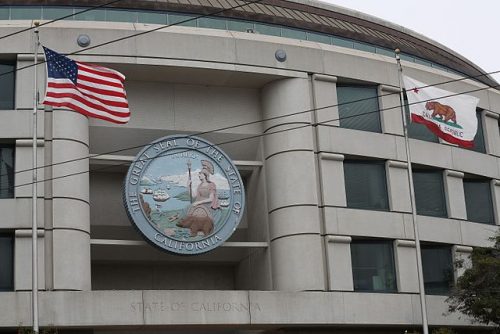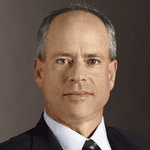
CPUC Stumbles in Final Decision for SB 32 CLEAN Program
The Clean Coalition believes that the CPUC made serious errors that will greatly hinder the Wholesale DG market in California.
On May 24, the California Public Utilities Commission (CPUC) approved the Final Decision (FD) for the design of the Senate Bill (SB) 32* CLEAN Program. Despite the Clean Coalition’s best efforts to ensure a well-designed program, the FD made the program less effective than it would have been under the CPUC’s March 20 Proposed Decision (PD). In addition to several misguided changes to the PD, the FD ignored critical flaws in the PD.
The FD’s changes to the PD will reduce the ability of the SB 32 CLEAN Program to bring clean local energy online. Most significantly, the FD ensures that the meager program capacity cannot be fully subscribed in less than 24 months and that subscription will likely take much longer. Moreover, the deadline for projects to come online was increased to 24 months with a possible 6-month extension. Due to these changes, the program will likely not bring significant amounts of distributed generation (DG) online until close to 2016, thereby putting some projects at risk of losing eligibility for the Federal Investment Tax Credit.
The FD also failed to address serious flaws of the PD. For example, though the price adjustment buckets were clearly too small, no modifications were made to increase them. At a maximum of about 6 megawatts (MW) per bucket, the contract price will change based on just one or two projects, making the program more like an auction than a CLEAN Program. In addition, the FD failed to address misguided viability and eligibility criteria for projects, including development experience, strategic location, and daisy chaining. All of these errors add unnecessary risk and costs to the program, which is contrary to the intent of the SB 32 law.
The Clean Coalition was successful in scoring a small victory in the FD. Now, any bucket that is less than 50% subscribed within two months will see a price increase. Unfortunately, the small bucket sizes in the FD largely negate the impact of this feature.
The Clean Coalition believes that the CPUC made serious errors in the FD. These errors will greatly hinder the Wholesale DG market in California and the Governor’s goal of bringing 12,000 MW of DG online by 2020. Nonetheless, the Clean Coalition will continue its fight to fix the program. As a first step, the Clean Coalition will focus on ensuring the best design for the SB 32 Power Purchase Agreement (PPA), which will likely be finalized over the next two months.
* SB 32 is enacted legislation that requires the expansion of California’s existing, albeit small, AB 1969 CLEAN Program. Among other things, SB 32 expands the AB 1969 program size from 500 MW to 750 MW of clean local energy and increases the eligible project size from 1.5 MW to 3 MW.

